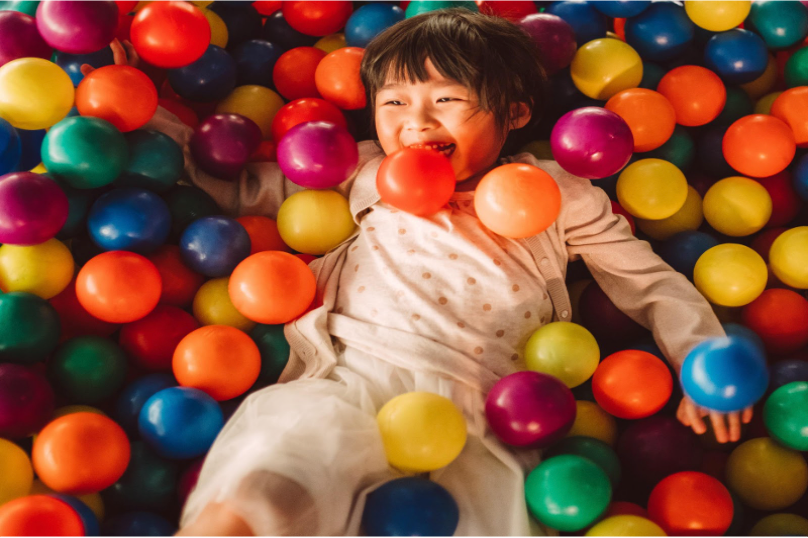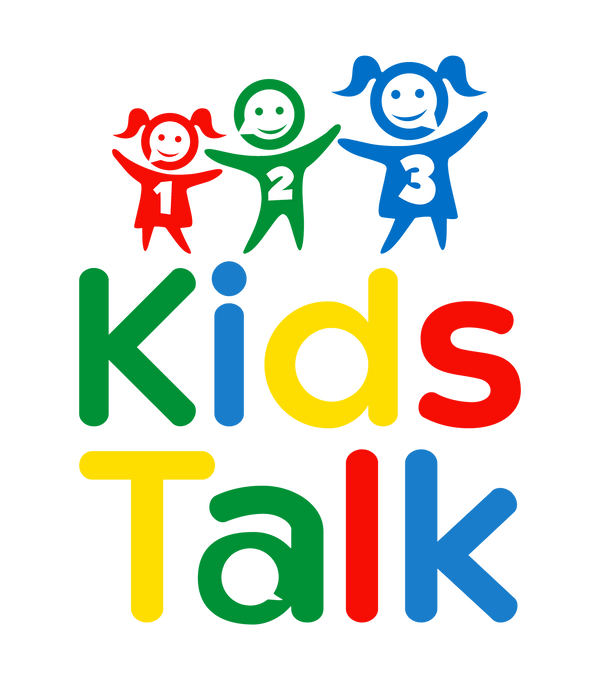123 Kids Talk
Prahran Playgroups, 15-17 months
Prahran Playgroups, 15-17 months
Couldn't load pickup availability
Places available for this term
These playgroups are for parents, grandparents (or caregivers) and their toddlers age 15 to 17 months.
Time to explore
This 10 week playgroup program is designed to stimulate and boost your toddlers words that get something they want (or don't want) or something they want to do (or not do). We also continue to develop lots of vocalisations, babble, gestures and glances/facial expressions.
We focus on words like onomatopoeic words (e.g. meow, woof, moo, baaa, vroommm, etc) drink/milk/juice names of favourite toys and common objects names of favourite foods, in, there, on, that, get, stop/go, up, down, out/outside, sit/jump/slide/swing/run,
names of some colours, names of some food items, names of some body parts, names of some items of clothing, names of some utensils (cup, bowl, spoon), names of favourite toys and foods and names of common objects.
If your child is already saying these words then please select the next age group, 18-20 months.
RIME
Each week, we will work with you to apply the principles of RIME to your everyday interactions with your toddler. This will include engaging in playful activities, and engagement with carefully selected books and toys.
Group size: Maximum 10
Address: 22 Cecil Place, Prahran
Parking: 2 hour free parking in Cecil street
Siblings: Please reach out to us if you would like to bring your toddler and a sibling. We can accommodate a couple of extras in each session but we need to know in advance so we can plan.

General information about communication development at this stage:
Language
Children will learn words that are important to them and words they hear over and over in familiar contexts and routines. The most powerful first words a child can learn are those that result in getting/doing something or rejecting/stopping something, eg. “more’, "no ","stop ".
Try to keep your sentences short and speak clearly at a slightly slower rate to make sure your child can hear and attend to all the words.
Speech
Most words will continue to be simplified (not pronounced correctly and with the end of words left off, (e.g. says “ba” for “bath” and “tar” for “car” and “doo” for “shoe” ) and you will only understand about 50% of what your child says, especially if you don’t know what your child is referring to.
Target Sounds: “m”, “p”, “b”, “t”, “d”, “n” (easiest for your child to say sounds that are formed at the front of the mouth with the lips and tongue because they can hear these clearly and see your mouth move when you say these sounds!).
Get down at your child’s level to make sure your child is watching your face when you are talking. Encourage your child to imitate words and reward any attempts your child makes, even if they are not quite correct.
Social communication
At this stage of development, your child’s play and language is concrete and focused on the here and now, i.e. what they can see and do in the moment.


